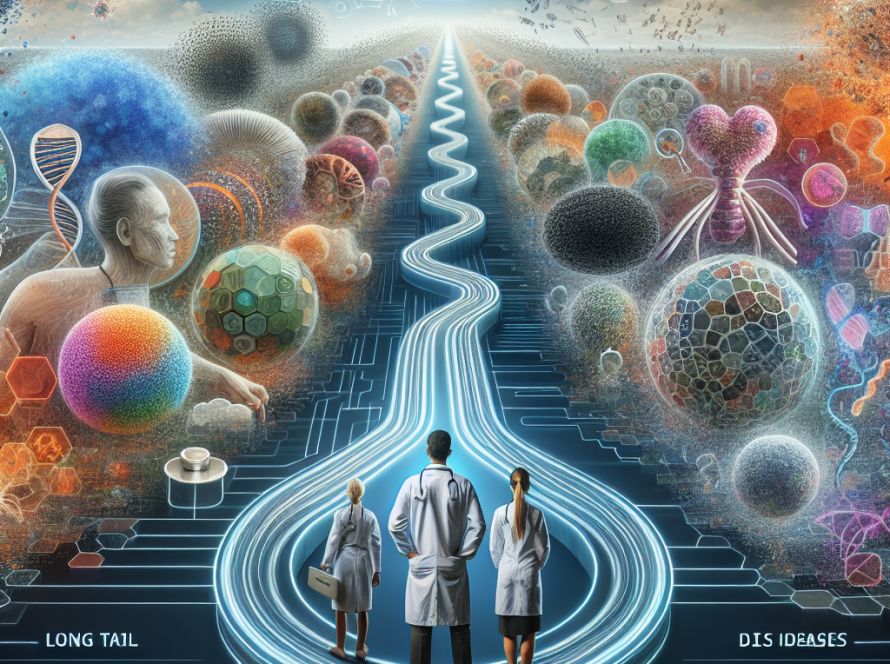Artificial Intelligence (AI) is increasingly being integrated into healthcare, promising enhanced efficiency and improved patient care. Employed more as a supplement rather than a substitute to human decision-making, AI in healthcare serves multiple functions ranging from alerts integrated in electronic medical records (EMRs), to advanced large language models (LLMs) capable of making highly accurate clinical predictions.
However, previous experiences with technological implementations in healthcare, such as EMRs, suggest caution. The impact of AI in healthcare can extend beyond the accuracy of clinical decisions to include factors like cognitive burden on doctors. It’s essential that any AI intervention consistently provides valuable insights and assistance, rather than merely confirming what clinicians already know.
The true test of an effective AI, therefore, lies in its ability to identify uncommon diagnoses that clinicians might miss and to provide information that enhances clinical decisions. For instance, AI systems can potentially help in generating differential diagnoses that could reduce medical errors.
Nonetheless, a key challenge lies in the prediction of rare events which can lead to numerous false positives, resulting in needless alerts that could lead to unnecessary invasive tests. Excessive reliance on AI could also lead to increased costs and documentation burdens, instead of the purported efficiency gains.
To overcome these issues, AI in healthcare could function more as a consultant, only deployed in situations where a doctor is uncertain and needs additional insights. Also, AI could integrate risk and cost databases into clinical workflows, informing clinicians about the most cost-effective measures.
The current generation of AI models may not represent the ultimate solution, but they illustrate how AI could potentially improve healthcare. An emerging focus area is the development of retrieval augmented generation, where AI uses its language interpretation skills to access different data sources, therefore furnishing relevant information on cost and risk of each test and providing suggestions on managing the issue cost-effectively.
AI in its future form could take informed healthcare decisions to a new level, helping clinicians make data-backed decisions – whether it’s working out the risk of a brain problem in an infant with strabismus, or determining how to most effectively treat a patient. For AI to realize its potential in healthcare, it should not just back existing processes, but enable us to transform them for better clinical outcomes.

